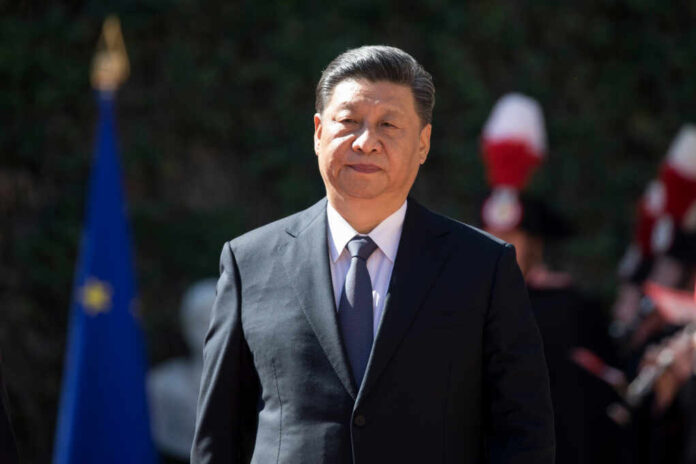
A majority of Southeast Asians would choose to be allied with China over the United States if push came to shove, a new regional survey has shown.
Although some countries in the region still feel threatened by the growing imperialistic threat of communist China, this is the first time that China has surpassed the United States in favorability since 2020 when the yearly survey first posed the question.
Notably, the U.S. has dropped from 61.1% last year to this year’s 49.5%.
The decline of the U.S. and the dollar in the world continues.https://t.co/x5Xzrva7wp
— Peter Grandich (@PeterGrandich) April 12, 2024
China, on the other hand, edged out the United States with 50% favorability from members of the Association of Southeast Asian Nations (ASEAN). Interestingly, Japan was voted as the “most trusted” nation in the region — not a huge surprise considering Japan’s long-standing military neutrality, having only a national defense force since the end of the Second World War.
In a breakdown of national support, the survey showed Laos, Indonesia and Malaysia having a strong shift towards China in favorability. Cambodia also showed a strong shift towards China, but still held the U.S. as the favorite. On the other hand, Thailand and Myanmar also showed a strong shift towards China and did actually push the U.S. to second place in favorability.
Only the Philippines, Singapore and Vietnam still showed a strong favorability towards the United States.
Despite China surpassing the U.S. in favorability in many of these nations, the survey also showed that the communist power is highly distrusted. Again, this is not incredibly surprising considering China’s ultimate ambitions for global hegemony, as well as its saber rattling military posture towards Taiwan, which many fear will eventually be invaded by the authoritarian regime.
Communist China has been a war-like player in the region since its founding in 1949, from its conquering of Tibet to its roles in the Korean War and Vietnam. Although it shows patience in playing a long game, its current posture in the region is just as dangerous as ever.
However, China’s intimidating military power is not the only influencing factor in the region. China has heavily invested in Southeast Asian infrastructure and industry, making it a crucial partner in the growth and development of the region. Where money flows, favor grows.
The development reflects the prevalent criticism of the Biden administration that under his watch, the United States has taken a staggering tumble in power, respect and influence as its authority on the world stage continues to wane under Democratic leadership.
































